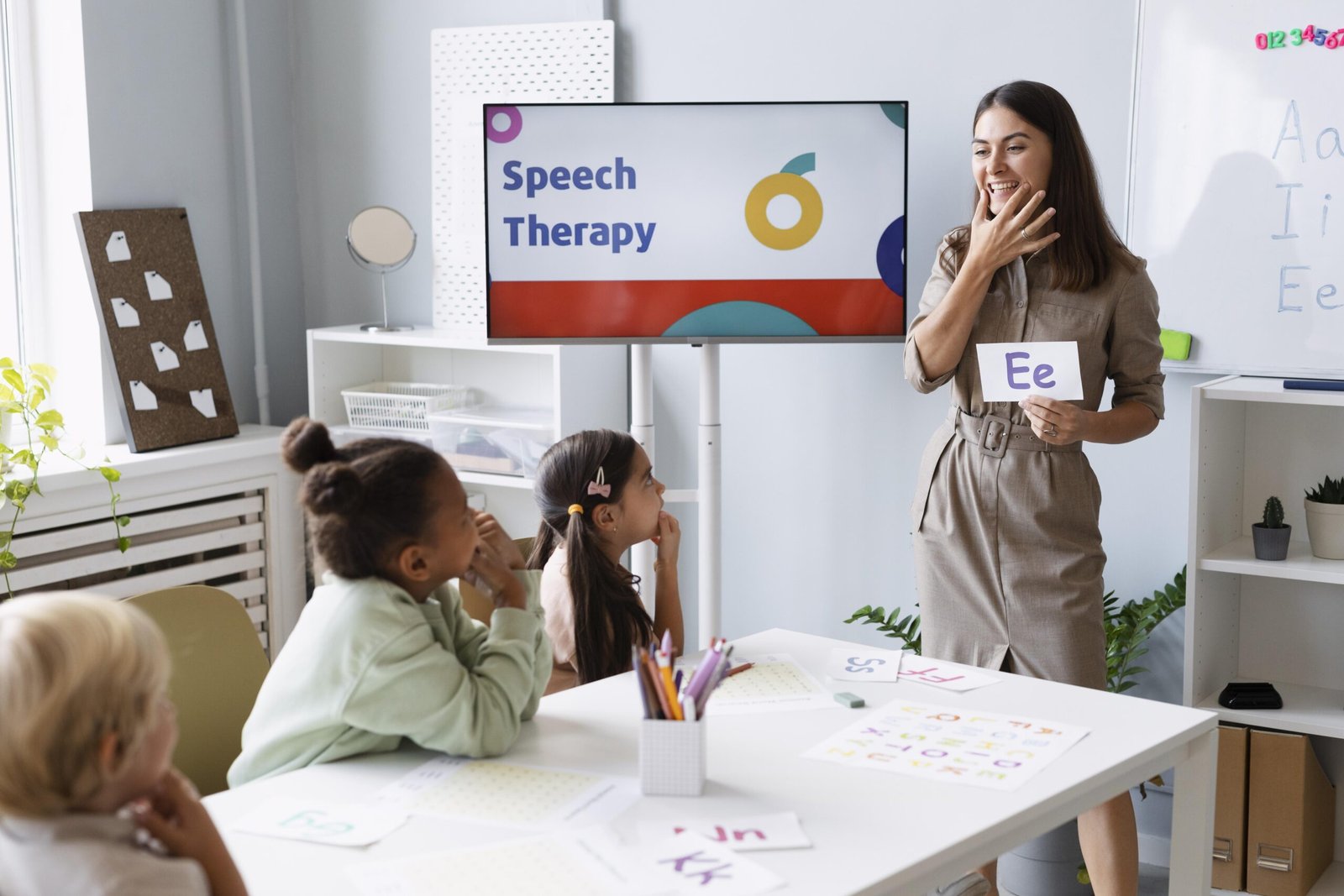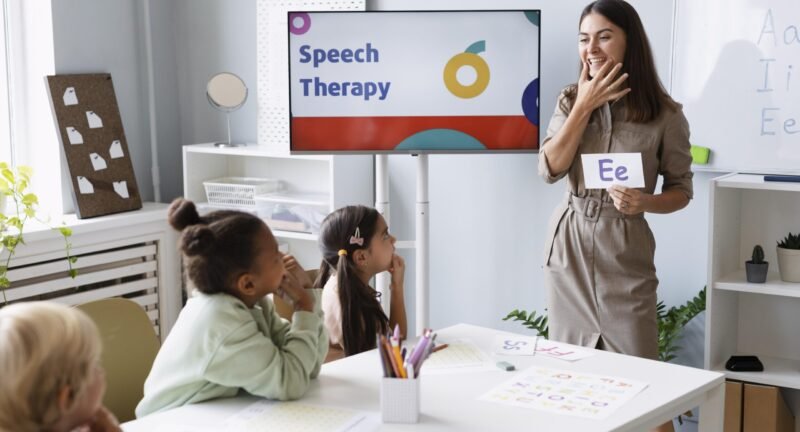
Unlocking Potential: Strategies for Teachers to Support Students with Learning Difficulties
Introduction:
As educators, our mission extends far beyond the confines of traditional lesson plans and curricula. Every child is unique, and some may face learning difficulties that require special attention and tailored strategies. In this article, we aim to provide valuable insights and practical tips from coaches and speech therapists to help teachers empower students with learning difficulties.
Understanding Learning Difficulties:
Before delving into strategies, it’s crucial to understand that learning difficulties vary widely. Some students may struggle with reading, while others find it challenging to express themselves verbally or in writing. As a teacher, recognizing these differences and being proactive in addressing them is the first step toward creating an inclusive and supportive learning environment.
Collaboration between Teachers, Coaches, and Speech Therapists:
Effective collaboration among teachers, coaches, and speech therapists is essential. Regular communication and joint planning can significantly impact a student’s progress. Coaches and speech therapists can offer valuable insights into individual learning styles, strengths, and areas that need improvement.
Strategies for Reading Difficulties:
- Multisensory Approaches: Engage students in activities that stimulate multiple senses. For instance, incorporating visual aids, hands-on materials, and interactive games can enhance the learning experience for students with reading difficulties.
- Phonics Games: Utilize phonics-based games to reinforce sound-letter associations. These activities not only make learning enjoyable but also provide a structured approach to decoding words.
- Individualized Reading Plans: Work with speech therapists to develop individualized reading plans that cater to each student’s specific needs. This might involve targeted interventions and additional resources, such as audiobooks or reading apps.

Strategies for Expressive Language Difficulties:
- Visual Supports: Use visual aids, charts, and graphic organizers to help students organize their thoughts and express themselves more effectively. Visual supports provide a concrete framework for verbal expression.
- Sentence Starters and Prompts: Provide students with sentence starters and prompts to guide them in constructing sentences. This can reduce anxiety and give them a starting point for expressing their ideas.
- Peer Support: Encourage peer collaboration and support. Pairing students with learning difficulties with supportive peers can boost confidence and provide a positive social environment for language development.
Strategies for Written Expression Difficulties:
- Graphic Organizers: Incorporate graphic organizers to help students structure their writing. These visual tools can assist in organizing thoughts, creating outlines, and ensuring a logical flow in written work.
- Word Processing Tools: Allow the use of word processing tools or speech-to-text software to alleviate the physical challenges associated with writing. This enables students to focus on expressing their ideas without being hindered by fine motor difficulties.
- Regular Feedback and Revision: Provide constructive feedback and encourage students to revise their work. This iterative process not only improves written expression but also instills a growth mindset.
Conclusion:
By adopting these strategies and fostering collaboration among teachers, coaches, and speech therapists, we can create a learning environment where every student has the opportunity to thrive. Remember, it’s not about finding a one-size-fits-all solution but rather tailoring our approaches to meet the unique needs of each child. Together, we can unlock the potential of every student, regardless of their learning difficulties, and pave the way for a brighter future.
Related Posts
The Power of Coaching: A Coach and Speech Therapist’s Perspective on Teacher Well-Being
Introduction: Teaching is a profession that demands not only intellectual...
Unlocking Potential: Strategies for Teachers to Support Students with Learning Difficulties
Introduction: As educators, our mission extends far beyond the confines of...


